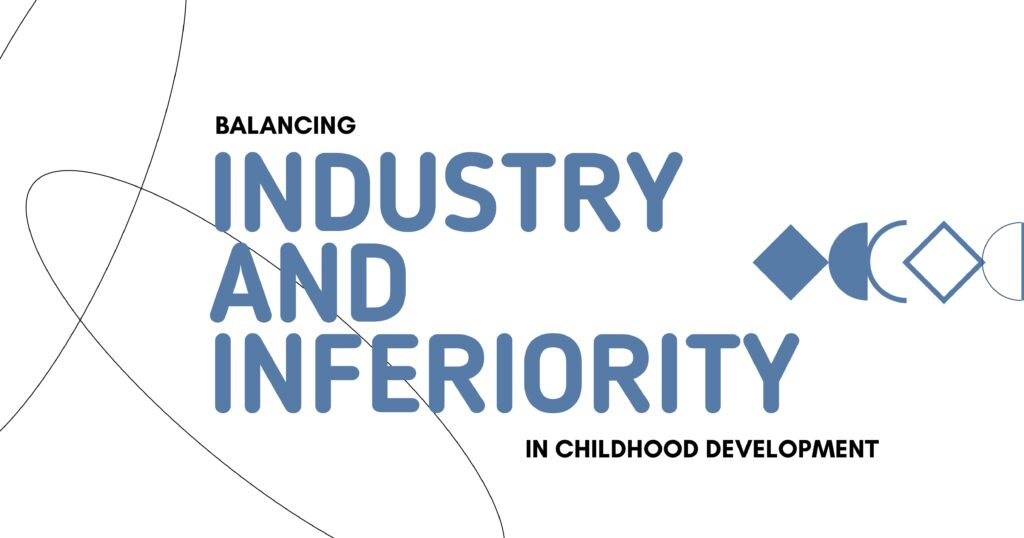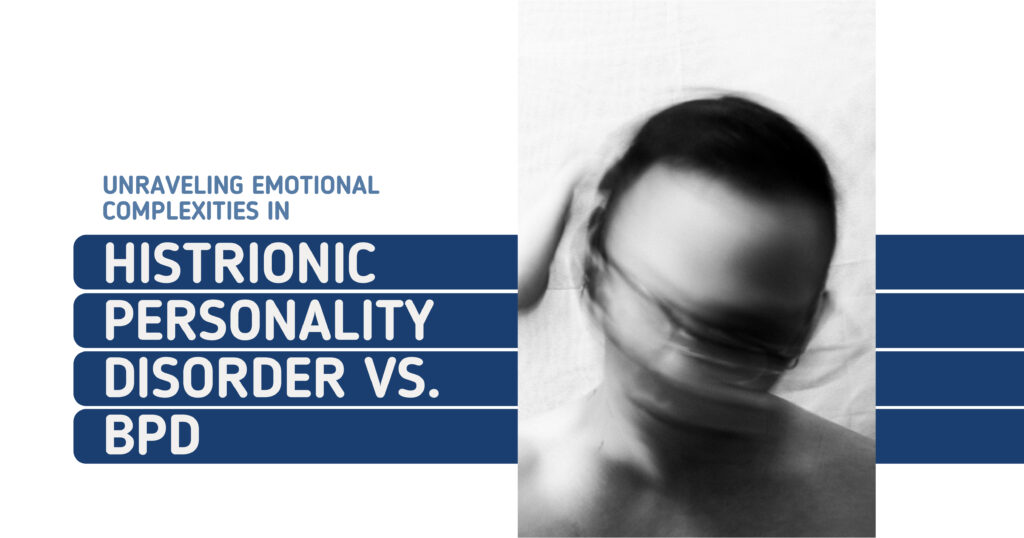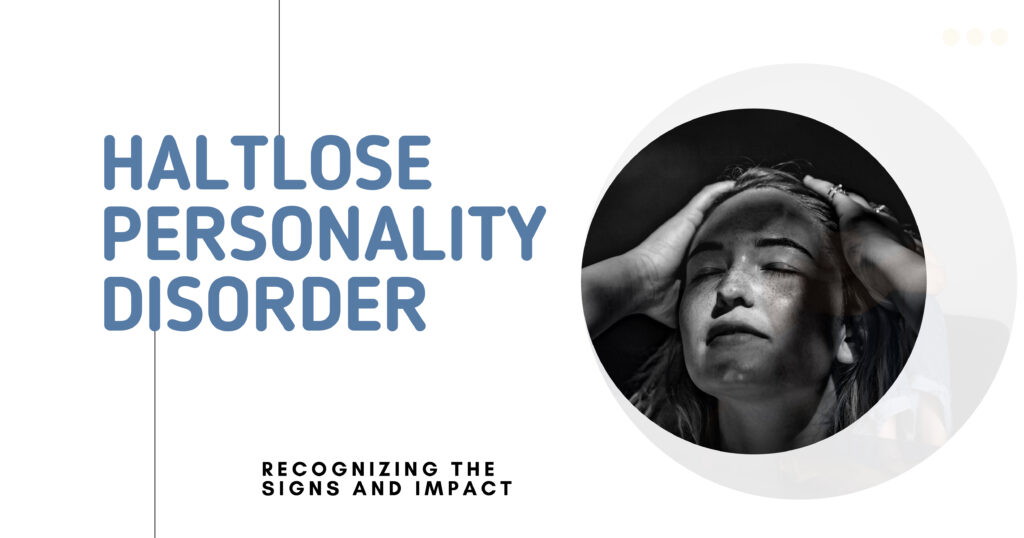Childhood is a journey filled with learning, growth, and self-discovery. Among the most critical stages in this journey is Erik Erikson’s psychosocial stage of industry vs. inferiority, which occurs during the school-age years (approximately ages 6 to 12). During this period, children are eager to demonstrate their abilities, gain approval from others, and build a sense of competence. However, when struggles or lack of support occur, children may develop feelings of inferiority that can hinder their self-esteem and future development.
This blog explores what industry vs inferiority means in child development, how it influences personality, and how parents, teachers, and caregivers can create environments that foster confidence, competence, and resilience.
Understanding Industry vs. Inferiority in Child Development
The industry vs inferiority stage is the fourth in Erikson’s psychosocial model of development. Each stage builds upon the last, shaping how individuals view themselves and interact with the world. In this stage, children are challenged to master new academic skills, learn to cooperate with peers, and begin to measure their abilities against external standards.
If successful, they develop competence and the belief that they can achieve goals through effort. If unsuccessful, they may feel inadequate, comparing themselves negatively to others, leading to inferiority.
This stage is particularly important because it coincides with formal schooling, where children are evaluated more systematically. Their early successes or failures in school and social settings significantly shape how they view their abilities.
San Diego Mental Health
Definition of Industry vs. Inferiority
To better understand this stage, let’s break it down.
| Concept | Description |
| Industry | A sense of accomplishment is gained by mastering tasks, learning skills, and being recognized for efforts. |
| Inferiority | Feelings of inadequacy that develop when children believe they cannot meet expectations or succeed at tasks. |
Erikson emphasized that a balance between these two outcomes is essential. A child should not only experience success but also learn to handle setbacks. This balanced approach prepares them for realistic goal-setting and resilience in adolescence and adulthood.

The Role of Achievement and Competence
Achievement is the cornerstone of the industry vs inferiority stage. Children thrive when they are given tasks that are challenging yet achievable, allowing them to experience mastery. Small victories like solving a math problem, reading fluently, or excelling in sports contribute to a growing sense of competence.
Competence is not just about intellectual abilities; it also involves social skills, teamwork, and the ability to persevere when tasks get tough. These experiences build a strong foundation for self-esteem. On the other hand, repeated failures or a lack of recognition can erode confidence, making children reluctant to try new things.
A balanced approach ensures that children understand mistakes are part of learning. Encouragement, constructive feedback, and opportunities for growth all shape whether a child leans toward industry or inferiority.
How Industry vs. Inferiority Impacts Personality Development
The outcomes of this stage extend far beyond childhood. Children who develop a sense of industry often grow into adults who are motivated, resilient, and confident in their abilities. They are more likely to take on new challenges, believe in their capacity to succeed, and engage in productive social interactions.
In contrast, children who develop inferiority may struggle with self-doubt, avoid challenges, and feel overshadowed by peers. These feelings can impact not only their academic skills but also their career ambitions, friendships, and overall mental health later in life.
Psychologists often link this stage to the development of lifelong patterns of motivation. A child who learns to persist despite setbacks will likely carry this trait into adulthood, enhancing both personal and professional relationships.
Parental Influence on Industry vs. Inferiority
Parents play a pivotal role in shaping the psychosocial development of their children during this stage. Supportive parenting provides the reassurance and structure children need to build competence.
Here are a few key ways parents can support healthy development:
- Encourage Effort Over Outcome. Praise persistence, problem-solving, and creativity rather than only final results.
- Provide Appropriate Challenges. Assign age-appropriate tasks that allow children to stretch their abilities.
- Foster Independence. Allow children to make decisions and take responsibility for small tasks.
- Offer Constructive Feedback. Guide children on how to improve without focusing solely on mistakes.
According to the American Psychological Association (APA), children benefit most when parents balance guidance with opportunities for autonomy. This balance creates the conditions for confidence and resilience to flourish.
Potential Challenges and Solutions
Not all children navigate the industry vs inferiority stage smoothly. Some face obstacles such as learning disabilities, bullying, or a lack of support at home. These challenges can heighten feelings of inferiority if not addressed appropriately.
For example, children with undiagnosed reading difficulties may internalize struggles as personal failures rather than challenges to be supported. Similarly, children who face constant criticism may become hesitant to attempt new tasks.
Solutions include:
- Early identification and intervention for learning challenges.
- Providing mentorship and role models who reinforce positive development.
- Ensuring inclusive classroom environments where all achievements are valued.
- Encouraging extracurricular activities where children can excel beyond academics.
The Child Mind Institute offers valuable insight for parents and educators on supporting children with learning and emotional challenges.
San Diego Mental Health
Learn More at San Diego Mental Health
Supporting children through the industry vs inferiority stage requires patience, encouragement, and sometimes professional guidance. At San Diego Mental Health, we understand the complex ways child development, self-esteem, and psychosocial development intersect.
If you’re concerned about your child’s progress or emotional well-being, our team is here to help. Contact us today to learn how we can support your child’s emotional and developmental needs.
Visit San Diego Mental Health to learn more.

FAQs
What are the key features of Erikson’s Industry vs. Inferiority stage in child development?
This stage, occurring between ages 6–12, focuses on mastering new skills, building competence, and gaining approval. Success leads to confidence, while repeated failure can result in feelings of inferiority.
How does achieving competence during school age influence a child’s self-esteem and psychosocial development?
Competence reinforces positive self-esteem and motivates children to take on new challenges, shaping resilience and confidence in later stages of psychosocial development.
In what ways do social interactions during the Industry vs. Inferiority stage contribute to developing academic skills?
Collaborating with peers encourages teamwork, problem-solving, and communication, which enhance both social and academic skills.
How do different cultures approach the challenges of Industry vs. Inferiority in child development?
Cultural values shape expectations for achievement and cooperation. Some emphasize individual success, while others prioritize group harmony, both influencing how children experience industry vs inferiority.
San Diego Mental Health
What role do parents play in supporting their child’s competence and self-esteem during the Industry vs. Inferiority stage?
Parents nurture competence and self-esteem by encouraging effort, offering guidance, and creating supportive environments where children feel valued.








